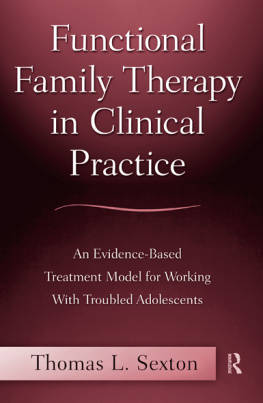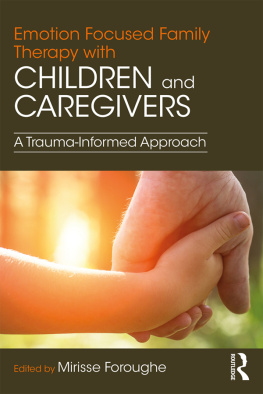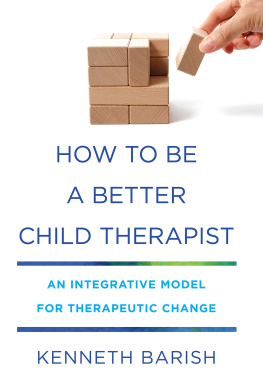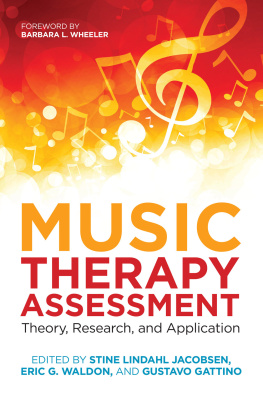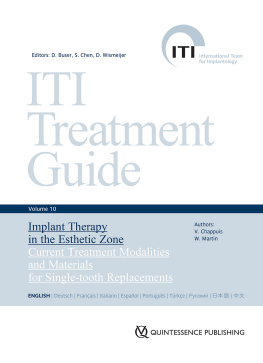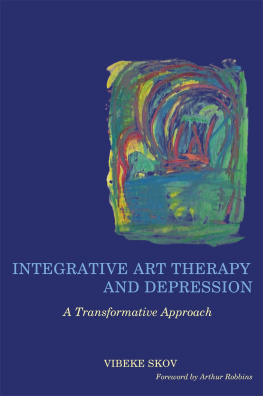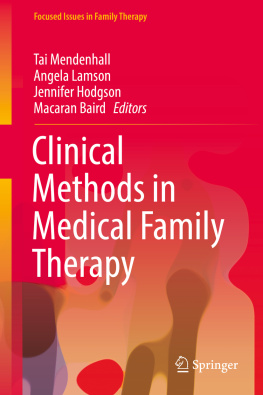Functional Family Therapy in Clinical Practice
Functional Family Therapy in Clinical Practice
An Evidence-Based Treatment Model for Working With Troubled Adolescents
Thomas L. Sexton

New York London
Routledge
Taylor & Francis Group
270 Madison Avenue
New York, NY 10016
Routledge
Taylor & Francis Group
27 Church Road
Hove, East Sussex BN3 2FA
2011 by Taylor and Francis Group, LLC
Routledge is an imprint of Taylor & Francis Group, an Informa business
This edition published in the Taylor & Francis e-Library, 2011.
To purchase your own copy of this or any of Taylor & Francis or Routledges collection of thousands of eBooks please go to www.eBookstore.tandf.co.uk.
ISBN 0-203-88266-0 Master e-book ISBN
International Standard Book Number: 978-0-415-99691-4 (Hardback) 978-0-415-99692-1 (Paperback)
For permission to photocopy or use material electronically from this work, please access www.copyright.com (http://www.copyright.com/) or contact the Copyright Clearance Center, Inc.(CCC), 222 Rosewood Drive, Danvers, MA 01923, 978-750-8400. CCC is a not-for-profit organization that provides licenses and registration for a variety of users. For organizations that have been granted a photocopy license by the CCC, a separate system of payment has been arranged.
Trademark Notice: Product or corporate names may be trademarks or registered trademarks, and are used only for identification and explanation without intent to infringe.
Library of Congress Cataloging-in-Publication Data
Sexton, Thomas L., 1953
Functional family therapy in clinical practice : an evidence-based treatment
model for working with troubled adolescents / by Thomas Sexton.
p. cm.
Includes bibliographical references and index.
ISBN 978-0-415-99691-4 (hardback : alk. paper) -- ISBN 978-0-415-99692-1
(pbk. : alk. paper)
1. Functional Family Therapy (Program) 2. Behavior therapy for
teenagers--United States. 3. Family psychotherapy--United States. I. Title.
RJ505.B4S49 2010
618.9289142--dc22 2010007097
Visit the Taylor & Francis Web site athttp://www.taylorandfrancis.com
and the Routledge Web site athttp://www.routledgementalhealth.com
Dedication
To the families that seek help from FFT and the community organizations that implement FFT. I am humbled by the strength, resilience, and tenacity with which you face sometimes overwhelming odds. Each day I learn from you how FFT works in the real world.
To my colleagues (N.O., J.B.), who joined me on the journey that made this contribution to the FFT model possible.
To J.F.A. for the mentorship, collegiality, and opportunity to be part of the FFT history.
To Matt and Astrid. You teach, inspire, support, and show me the meaning of family every day.
Thomas Sexton
Bloomington, Indiana
Contents
Foreword
Twenty-five to thirty years ago, there were no methods of family or couple therapy that had accumulated enough research evidence to qualify as empirically supported by todays standards. Currently, there are a substantial and impressive number of approaches to family and couple therapy that have deservingly earned the reputation of being empirically supported. Some of these, especially in the couples domain, are broad-spectrum in that they are provided for dealing with a very wide array of important relationship difficulties. Others, especially in the family domain, have been developed for more targeted clinical problems of great mental health significance. Within this select latter group, none has earned as lofty a position in the history of family therapy as Functional Family Therapy (FFT).
Many family therapies have come and gone, often fading when their creators leave us. But FFT has come and grown over the last 35 years. Undoubtedly the only major school of family therapy that has been grounded in an unending reciprocal relationship between research and practice, FFT has been dedicated not merely to its clinical principles, but also to scientifically demonstrating its effectiveness and efficacy long before it was stylish to have such concerns. And, unlike some empirically supported psychotherapies, whether focused on families, couples or individuals, the practice of FFT has always been grounded in the real world of people struggling with problems of genuine clinical significance. And more recently, FFT has gone where few other therapies have dared to go: into the outerspace clinics of the worldfar beyond the academic settings where it had its beginningsto demonstrate convincingly its cross-cultural potency. Given its longevity and its repeated and varied demonstrations of efficacy, it is not an exaggeration to say that FFT is truly unique in the world of family therapy.
What is it that has allowed FFT to grow, prosper, and become such a compelling approach to working with families faced with very challenging and disheartening adolescent behavior disorders?
FFT is a very sophisticated approach to working with families, at once both refined and complex. So, others might well identify different attributes of FFT that explain its increasing visibility and influence in the field. For me, there is an awesome trifecta of attributes of FFT that warrant its special place in the world of family therapy; indeed, in the wider world of all psychotherapies: FFT is grounded in solid psychological science, it is eminently teachable, and it requires therapist creativity.
FFT systematically incorporates into its evolving clinical theorizing and practice development advances in the psychological sciences of systems theory, epidemiology, developmental psychopathology, and clinical intervention research focused on both outcome and process. As a result, FFT focuses its understanding of core family processes and its use of particular therapeutic strategies and interventions on the most telling protective and risk factors involved in adolescent behavioral disturbances.
Given the clarity of its conceptual model of how adolescent behavior disorders develop, and what is called for to improve the family interactions that maintain such problems, it is not surprising that FFT is unusually teachable. But FFT is not merely teachable in the important sense that, unlike most family therapies, it defines both the necessary phases of therapeutic engagement and the necessary subtasks within these phases. FFT spells out with decided precision and coherence not only how to practice as a therapist, but also how to effectively supervise the practice of FFT, and how to assure the institutional quality of its practice. There is no other method of family therapy that can boast that.
But, lest you think that FFTs teachability may be the kind that renders the FFT therapist a manual-driven robot, not to worry. The central concept of relational functions in family relationships absolutely requires two things. First, in FFT, the therapist must always be not merely respectful of, but even deeply in tuned with, the unique psychological culture of each individual family and each of its members. In this profoundly clear way, FFT is inherently sensitive to differences of race, religion, ethnic identity, social class and the like. Second, this functional emphasis also absolutely requires that the therapist be strategically flexible, open, and, indeed, downright creative in helping family members find, or develop, new and more collaborative ways to maintain their individual relational goals and preferences, while enhancing the overall functioning of the family as a whole.

